Podcast: Play in new window | Download
Hosts
Ryan Ripley, George Dinwiddie, Neil Killick, JB Rainsberger
Discussion
#NoEstimates means many different things to many different people. The group defined #NoEstimates as a conversation around when estimates are appropriate and to which level of precision teams should target. We noted that the hashtag can lead to more “heat than light”, but also acknowledged that a rich conversation has formed around the questions that #NoEstimates poses.
We moved on to discussing estimates being useful at a portfolio level for deciding which projects to do and to forecast budgets. To some this did not go far enough and we continued to highlight other benefits of estimating such as:
- Conversations that occur when estimating
- Shared understand of programming activities
- Enabling decision making at the executive level
- Validating project/program/product assumptions
- Indication of possible issues when reality and the estimate do not match
When discussing when estimates are needed, there are no stock answers. George highlighted the need to meet the expressed needs of those seeking estimates. Once that is understood, we can determine an appropriate level of precision and act accordingly. JB cautioned against the mindless use of estimates, but everyone agreed that estimates created with a goal of “making good decisions” are useful.
We turned to real world examples where burn-up charts are used to estimate the delivery of programs. This revealed some important considerations about estimates like the need to build uncertainty in to your estimates, while removing inappropriate levels of precision. We also covered situations with mandates and fixed dates where estimates may not be as critical as focusing on delivering the software frequently.
Part of improving estimates requires improving software engineering practices. If the team can deliver consistently sprint over the sprint, the creation of estimates can move be performed by the stakeholders. While this type of improvement is difficult, George reminded us that focusing on the little things can have a great impact of making delivery more predictable.
To wrap up, we circled back to the idea that we should focus on meeting needs. This aligns well with “individuals and interactions over process and tools”, but is also more difficult to do. Exploring how to meet needs requires soft skills, trust, and good relationships to succeed.
Resources, Plugs, and More
Ryan – http://agileanswerman.com
- #NoEstimates Does Not Stop Agile Metric Abuse
- The Product Owner Says #NoEstimates. Now What?
- Woody Zuill’s Blog
George – http://blog.gdinwiddie.com/
Neil – http://neilkillick.com/

